13 Anti-Aging Supplements To Help You Age Gracefully
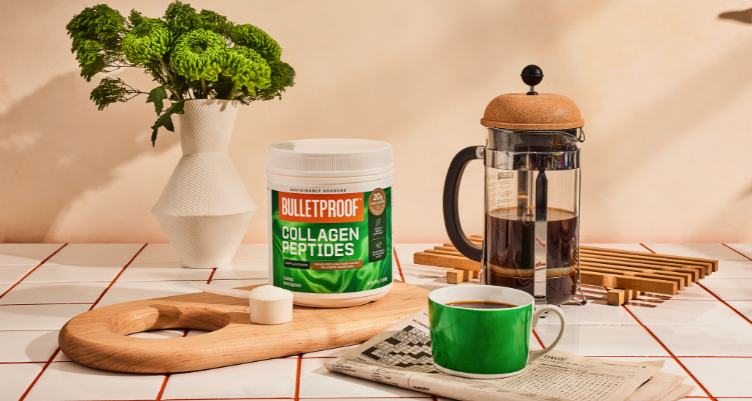
- While humans can’t live to 180 (yet!), certain supplements have been shown to help with graceful aging and longevity.
- This article includes 13 supplements for longevity, most of which increase mitochondrial function and support cellular health.
- You can also support healthy aging through other healthy habits, like improving your sleep quality and eating low-toxin, nutrient-dense foods.
Healthy aging is not a contradictory phrase. However, life expectancy declined in recent years among US adults, to a level in line with 1944 data. As of 2020, Americans could expect to live on average to age 77, according to the US Centers for Disease Control and Prevention. While genetics and fate are among the factors that influence our lifespan, certain aspects of healthy aging are controllable.
Specific anti-aging supplements can help ensure your brain and body continue working optimally for years – or even decades – to come. Read on to learn more.
13 best anti-aging supplements
- Fisetin
- Collagen protein
- Nicotinamide riboside
- Pyrroloquinoline quinone
- Acetyl-L-carnitine
- Whey protein
- Polyphenols
- Oxaloacetate
- D-Ribose
- Zinc and copper
- Vitamins A-D-K
- Curcumin
- Apigenin
Read on for details on how these anti-aging supplements help keep your brain, body and cells healthy:
1. Fisetin
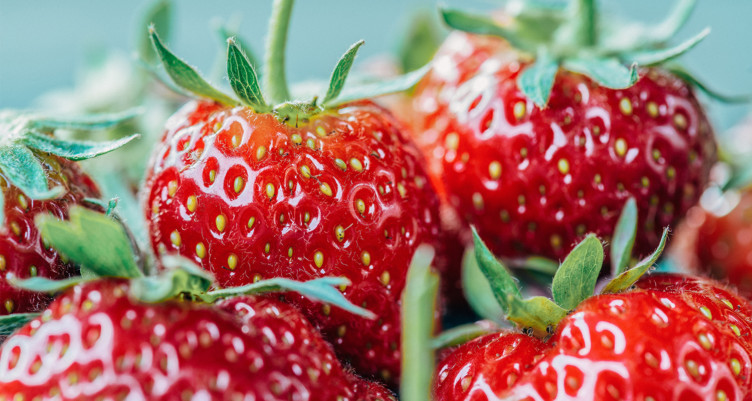
Fisetin is a plant chemical with significant antioxidant properties. Like other antioxidants, it helps support cellular health. Free radicals are caused by oxidative stress from factors like your diet, environment and sleep routine. Over time, free radicals can impair cellular function, contribute to cellular damage and accelerate the effects of aging.
That’s why you want plenty of diverse antioxidants in your diet—they help eliminate free radicals and maintain your health.
Fisetin is found naturally in apples, persimmons, onions, and other plants. including strawberries.[1]
2. Collagen protein

Collagen is the most abundant protein in the body. It gives structure to your skin, bones, muscles and connective tissue. It reduces fine lines and wrinkles, and improves the elasticity of your skin.[2]
Collagen protein naturally decreases with age, and the peptides that occur in collagen protein aren’t in many proteins that people usually eat (like beef, chicken, pork, milk, tempeh, etc.).[3] They can be found in collagen peptide powders, bone broth, salmon and chicken skin, eggshell membranes and cartilaginous meat/organs like tendon, oxtail and tripe.
3. Nicotinamide riboside

Nicotinamide riboside, a form of vitamin B, protects your brain from toxins and stress and increases the ratio of two essential compounds called NAD+ (nicotinamide adenine dinucleotide) and NADH. Your body uses NAD+ to protect your cells, maintain healthy sleep cycles and repair damaged DNA. When NAD+ picks up electrons and a charged hydrogen molecule, it becomes NADH. Then it drops them off as part of the cycle that turns your food into energy.
4. Pyrroloquinoline Quinone (PQQ)
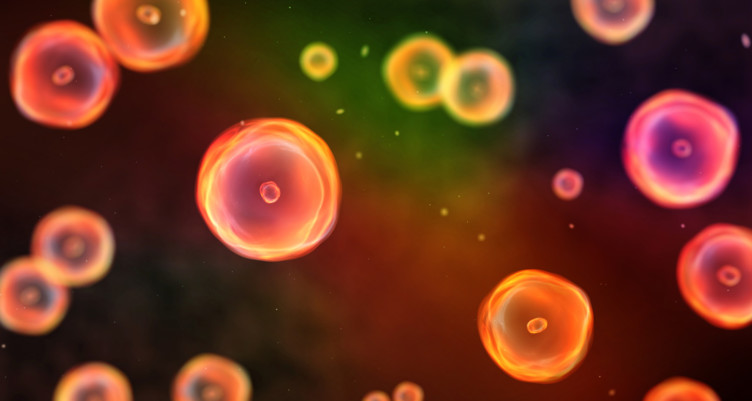
Pyrroloquinoline quinone, or PQQ, is a micronutrient that acts as a potent antioxidant, supporting cellular health, your brain and heart. Clinical studies show that PQQ supports healthy cognitive function and a healthy inflammation response.[4][5]
5. Acetyl-L-carnitine
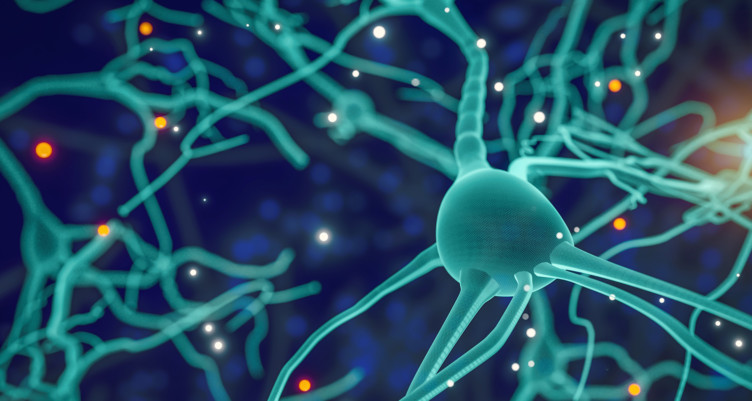
Also known as ALC or ALCAR, this brain-supporting amino acid acts as a powerful antioxidant.
This longevity supplement may support brain function, a balanced inflammatory response and physical energy, especially in older adults. Read more about acetyl-L-carnitine benefits.[6][7][8]
6. Whey protein
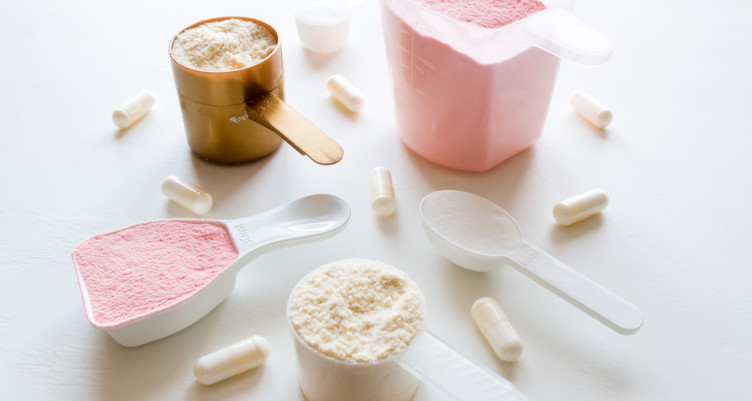
Whey protein gives your liver all the amino acids it needs to build glutathione, your body’s master antioxidant.[9] Glutathione supports mitochondria, the powerhouses of your cells, and it also boosts immunity and brain function.
Like collagen protein, whey protein is readily available and easy to incorporate into your best anti-aging supplement stack. But although whey protein is readily available, consider your sources carefully. Choose cold-processed, undenatured, grass-fed whey protein, and don’t heat it before eating it.
7. Polyphenols
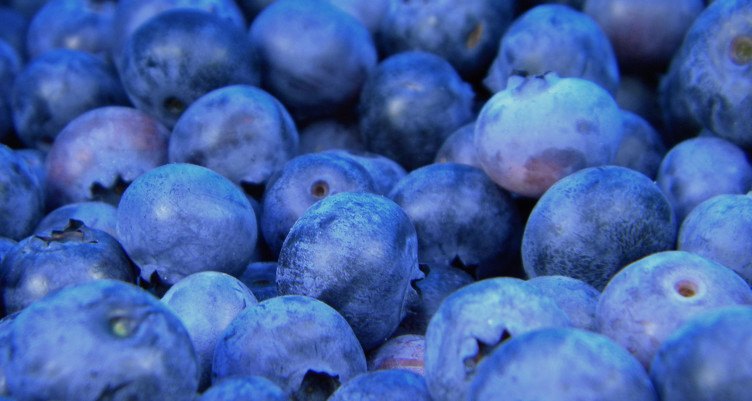
Polyphenols are antioxidants that are naturally found in foods like red cabbage, cacao, blueberries and coffee.[10] There are two classes of polyphenols: flavonoids and phenolic acids. They protect your brain from stress and free radical damage, support learning and memory and may help slow down brain aging.[11][12]
However, you’d have to eat a wide range of plants every day to reap as many benefits from polyphenols as possible. While you should eat a variety of brightly colored vegetables anyway, a broad-spectrum polyphenol supplement offers targeted support for aging.
8. Oxaloacetate
Your brain releases a neurotransmitter called glutamate in response to stress and common environmental toxins, like pesticides.
Glutamate can make you feel unfocused and foggy. In rodent studies, researchers found that a compound called oxaloacetate (OAA) protects rodents from glutamate-induced brain damage.[13]
OAA helps your brain by supporting mitochondrial energy production. Animal studies show that OAA may mimic the effect of calorie restriction, which can boost the production of mitochondria.[14][15]
9. D-Ribose
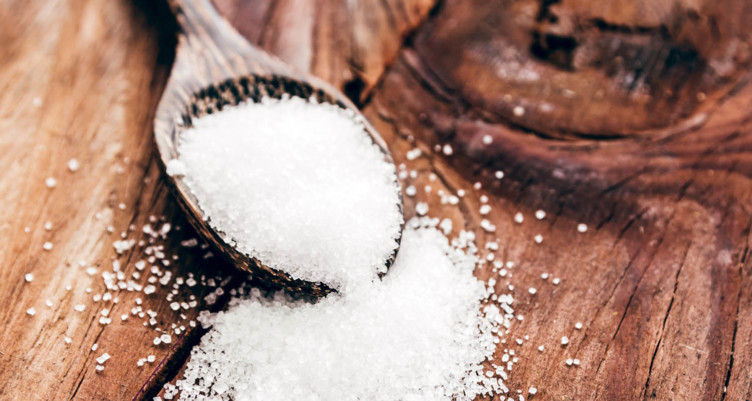
Also called ribose, D-ribose is a simple sugar that your body metabolizes differently than other sugars. It’s used to make adenosine triphosphate (ATP), the main energy-carrying molecule in your cells. What does that have to do with your lifespan? D-ribose increases ATP levels in your heart cells, which strengthens your heart.[16]
10. Zinc and copper
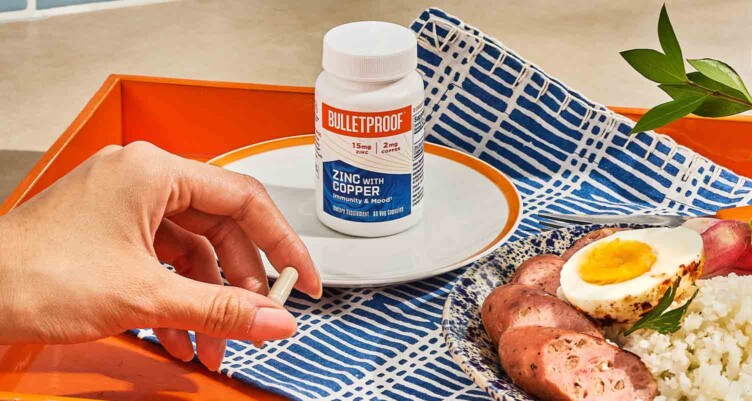
These essential minerals complement each other: Zinc supports healthy immune function, energy production and mood. When it’s paired with copper, it forms a powerful antioxidant called copper-zinc superoxide dismutase (CuZnSOD).
Many people do not get enough copper, so you should consider adding it to your supplement stack.[17]
11. Vitamins A-D-K
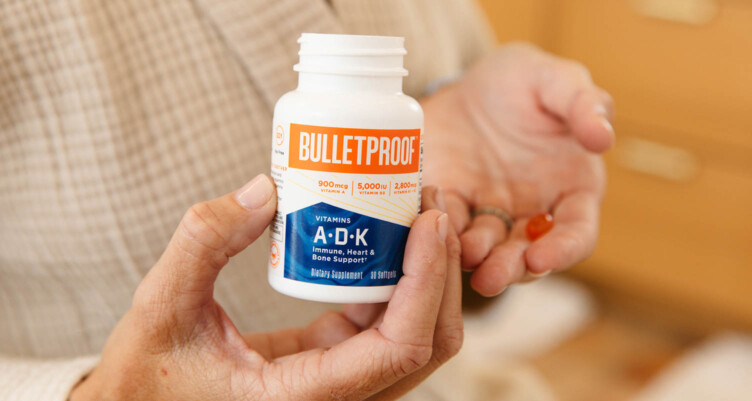
These vitamins work together to support your immune system, heart and bones. Here’s how:
- Also called the sunshine vitamin, vitamin D acts on over 1,000 different genes and assists in calcium metabolism and bone formation.
- Vitamin K helps transport calcium from your bloodstream into your bones.
- Vitamin A works with vitamin D to support your immune system.
12. Curcumin
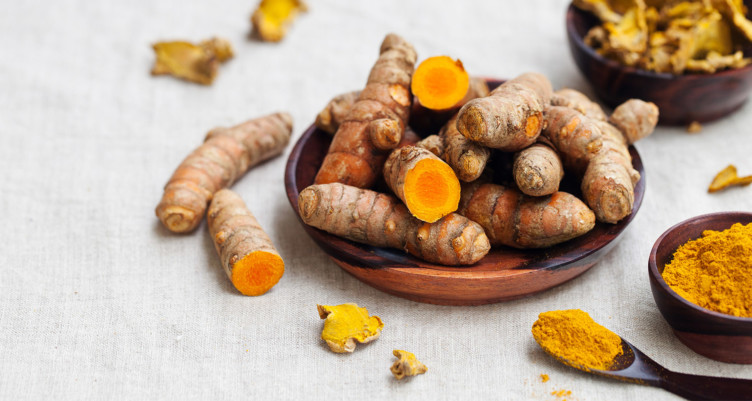
Curcumin is the compound in turmeric that gives the root its vibrant yellow color. It supports a healthy inflammation response, which is helpful as you age because daily activities like exercise can cause baseline levels of inflammation.[18] Supplementation is an easy way to ensure you’re getting more bioavailable doses of curcumin, which is not easily to access from turmeric root.
13. Apigenin
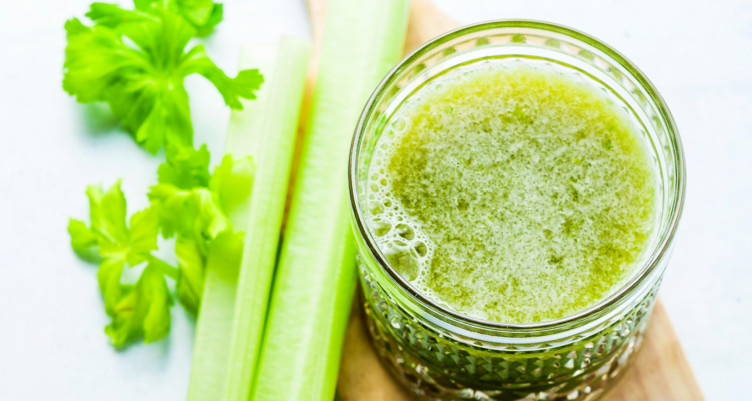
Apigenin is the same compound found in celery juice. Apigenin has been found to help with digestive health by interacting positively with human gut microbiota.[19] Apigenin also helps protect your cells and preserve brain structure and function.
What about other anti-aging habits?
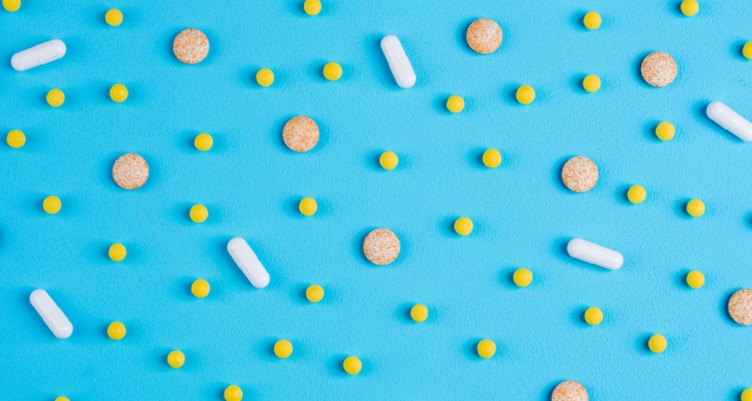
Any supplement should supplement the actions you’re already taking to support your health and wellness. To start, get high-quality sleep, eat a low-toxin, anti-inflammatory diet and manage your stress. These behaviors aren’t as easy as taking a multivitamin, but they’re such important actions that you need to treat them like the foundation of your anti-aging stack.
Everything else is just an extra boost to give your brain, body and mitochondria the support they need.
Sign up for early access to sales, product launches, the latest Bulletproof news and more!
This article was originally published on December 7, 2020 and has been updated with new content.



